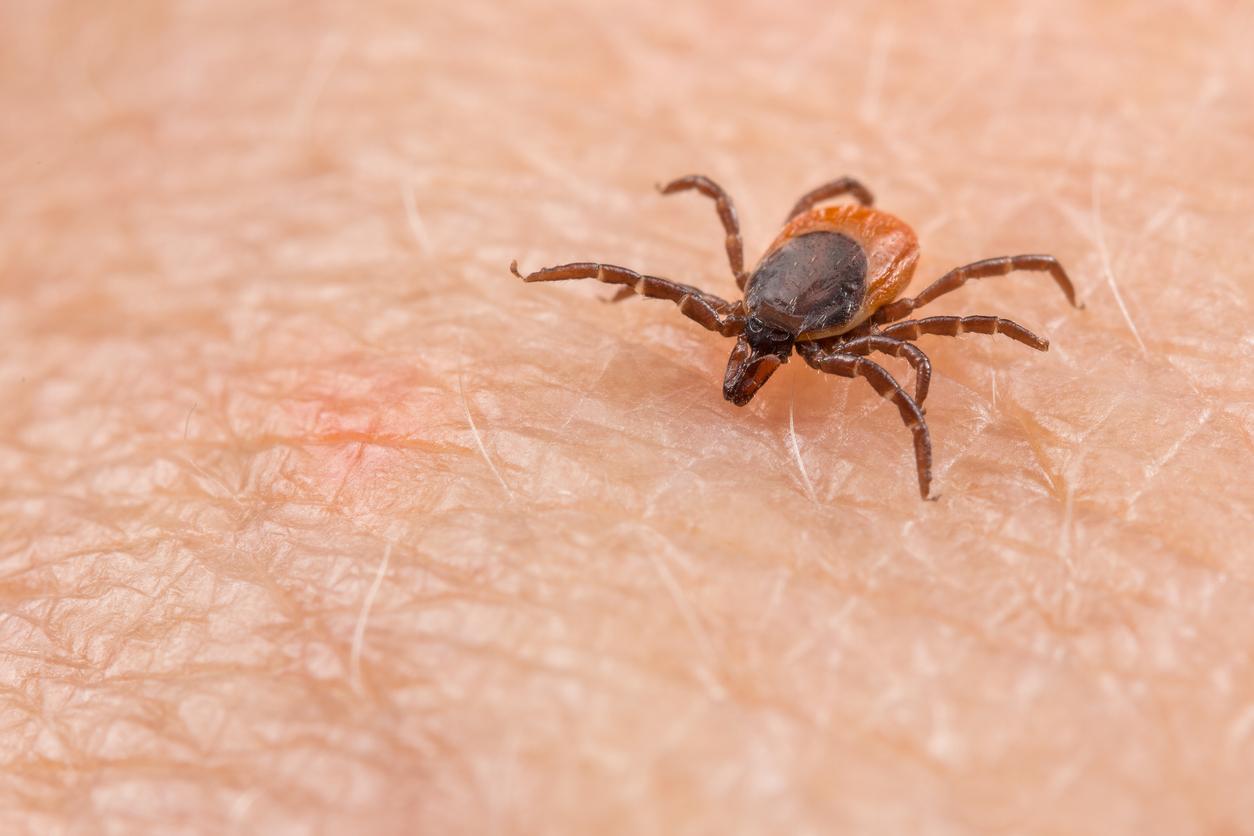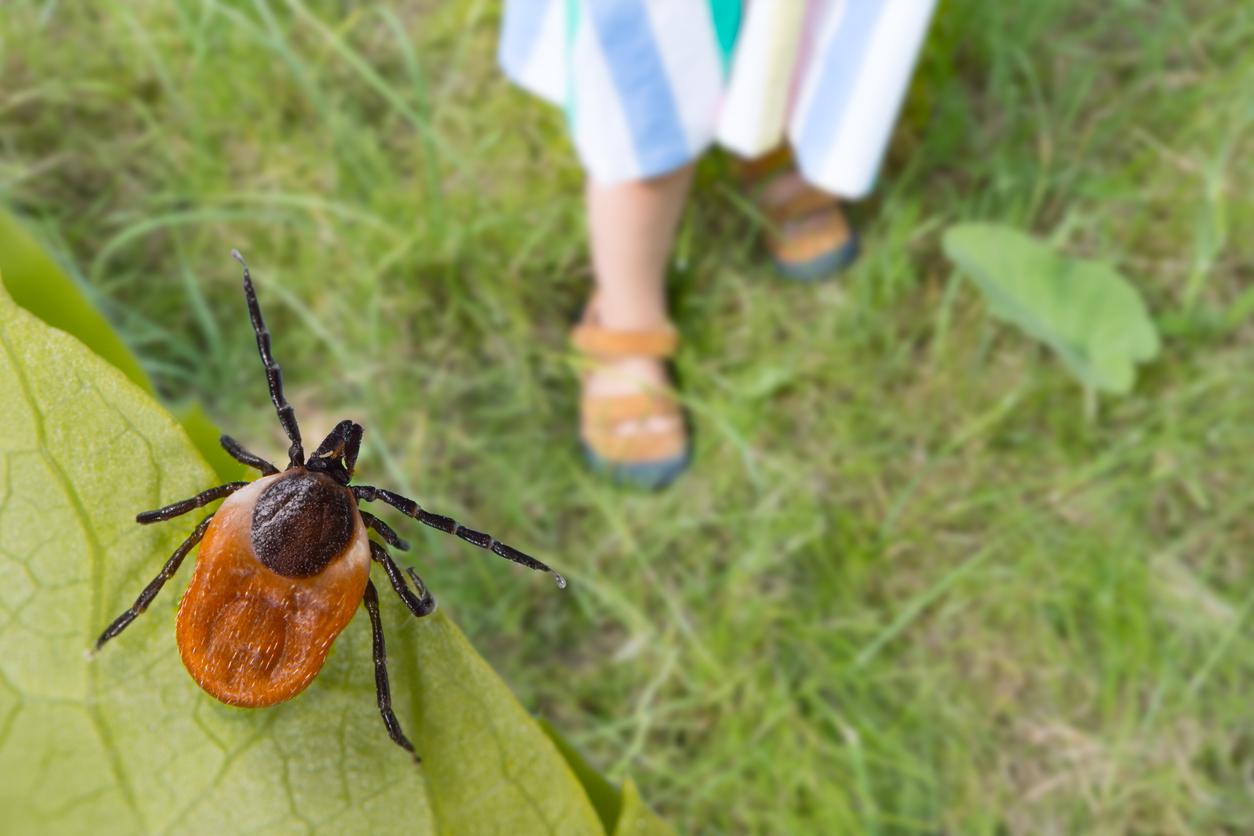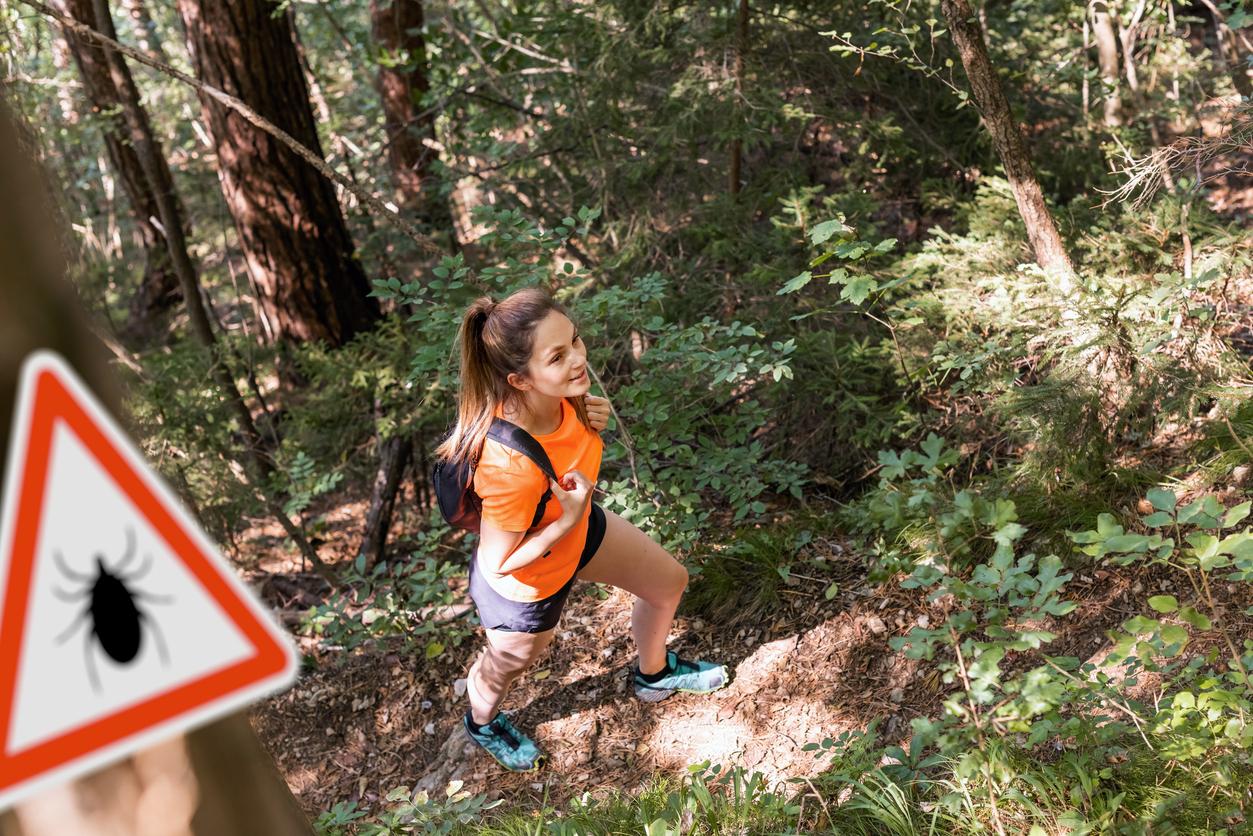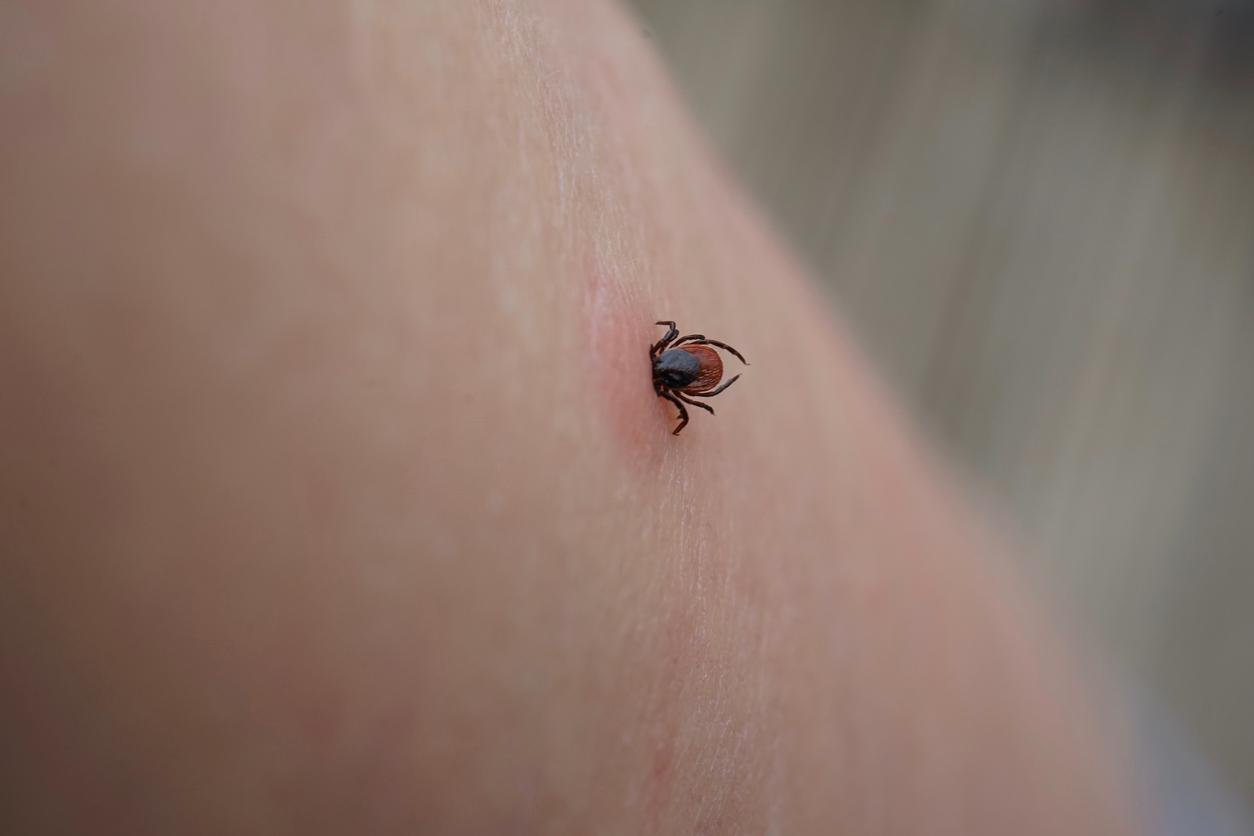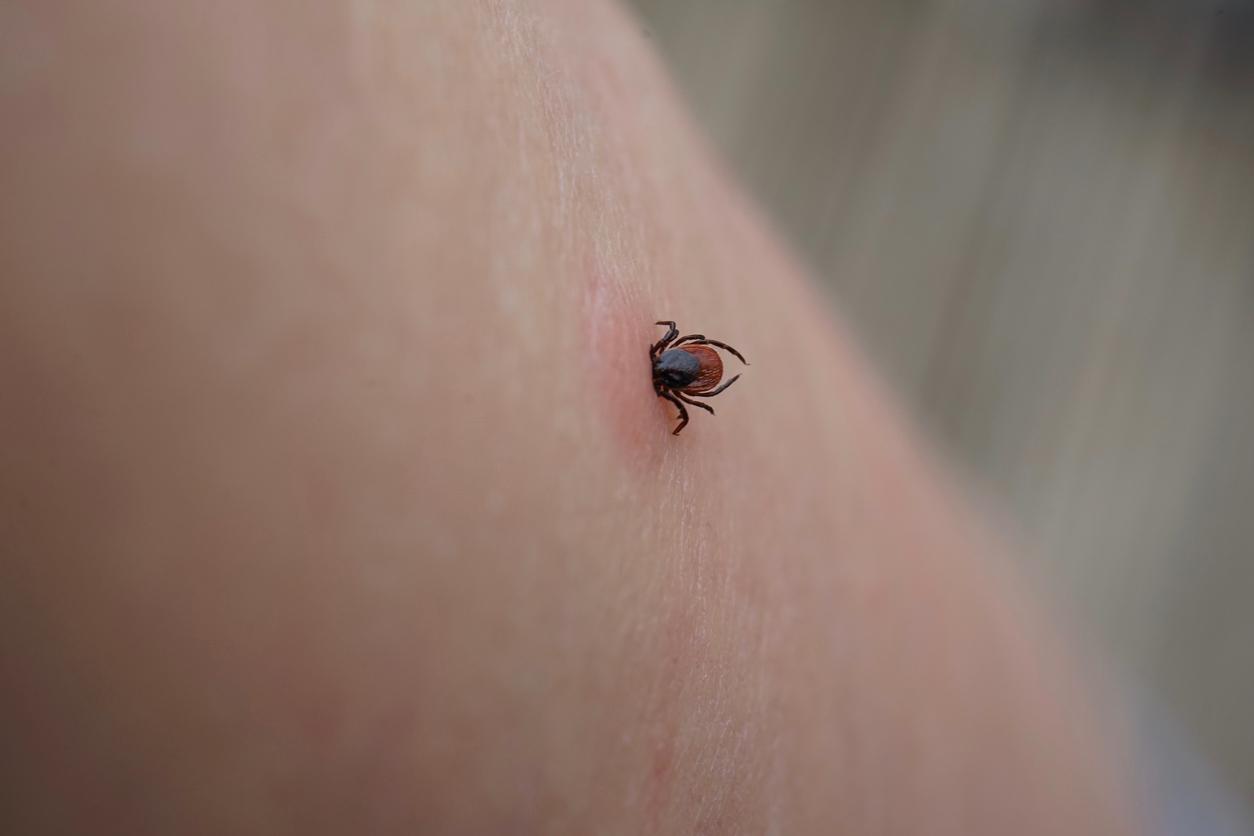As part of a research project on diseases transmitted by ticks, French researchers are recruiting volunteers. They must have been bitten by a tick in the last six months.
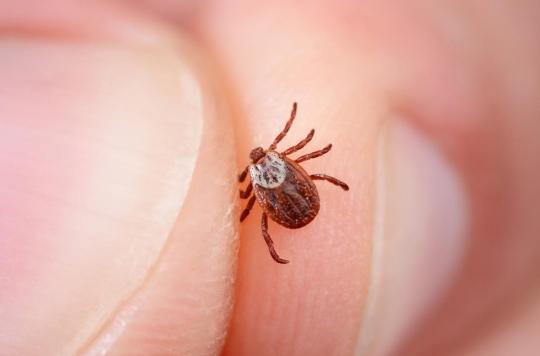
Have you recently been bitten by a tick? Scientists need you! The project Ohticks aims to identify the different diseases transmitted by these insects. The study is developed by Inra and the Institut Pasteur in 4 French hospitals (Saint-Antoine in Paris, CHU de Saint-Etienne, CHU de Besançon, CHU Garches).
OHTICKS project: participate in improving the diagnosis of tick-borne diseases! https://t.co/xyG2HSR68a @Pastor Institute #RP_Inra pic.twitter.com/X34yfXw47B
— Inra (@Inra_France) April 25, 2019
Ticks bite humans and animals, and transfer bacteria to them. If they are known in particular to transmit Lyme disease, they can also cause other pathologies. The research team is precisely interested in unexplained symptoms to understand which bacteria are the cause.
3 or 4 hospital visits
To participate, you must be over 18 years old, have reported your bite and have been bitten by a tick in the last six months. On their site, the researchers insist on this aspect: “monitoring must be put in place as soon as possible after the bite”. Patients must also be able to travel to one of the 4 hospitals cited above. Three or four visits to hospitals are mandatory to answer questionnaires, make clinical assessments and blood tests.
The tick bite causes a red patch to appear on the surface of the skin, called erythema migrans. Patients sometimes experience muscle pain, joint pain or migraines. If you have been bitten by a tick, do not wait to act. The emergency is to remove the insect with a tick puller, at most 36 hours after the bite.
“Tick Report”
In July 2017, INRA launched another project to improve knowledge of ticks: the “Tick Signaling” application. It makes it possible to report any sting and its context: date, place, environment, etc. Participants can even attach a photo, once the tick has been removed. In total, in one year, 5,000 reports have been recorded: one in three people have been bitten in their garden.
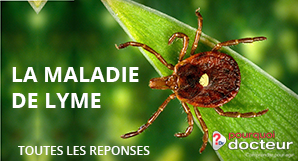
.









